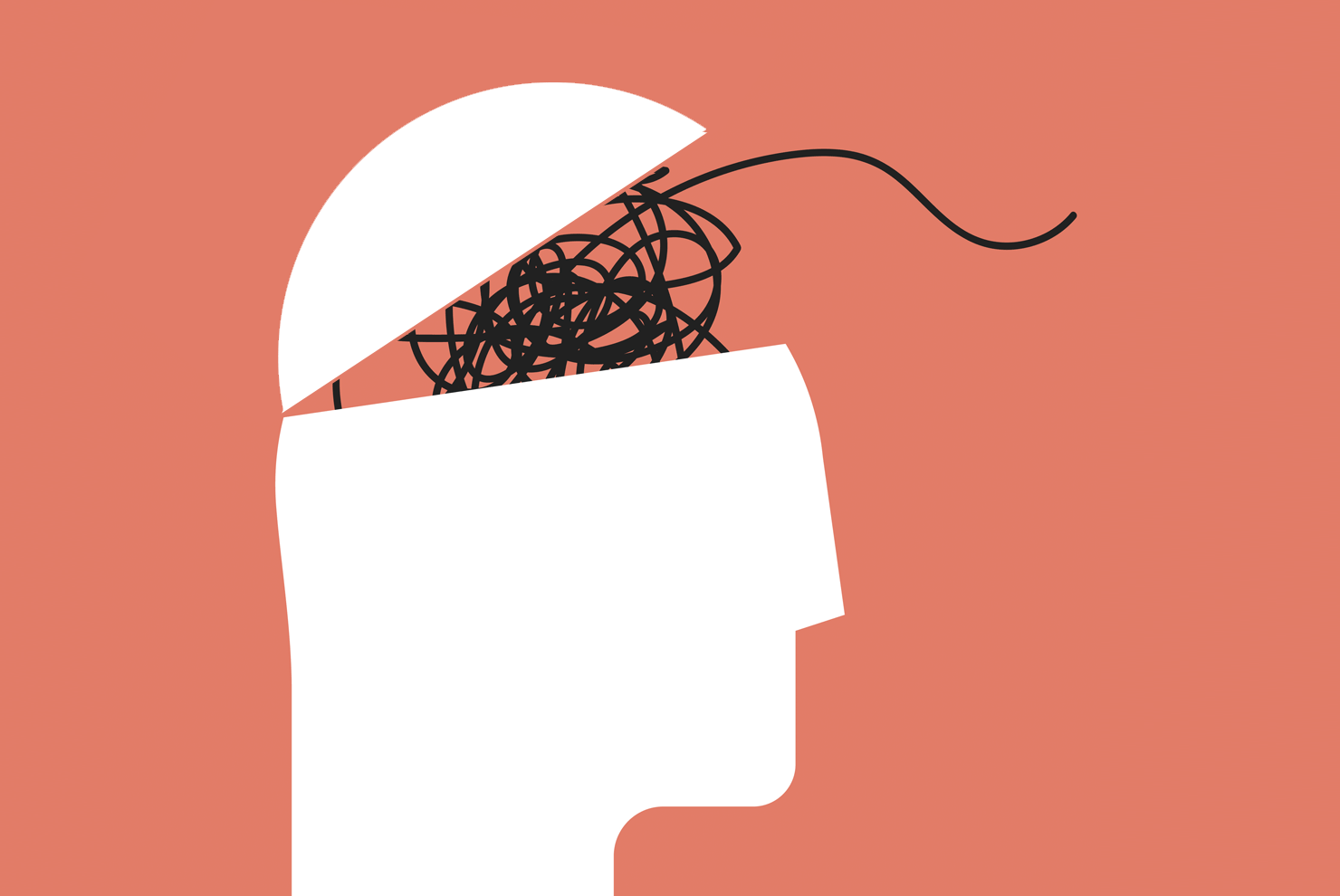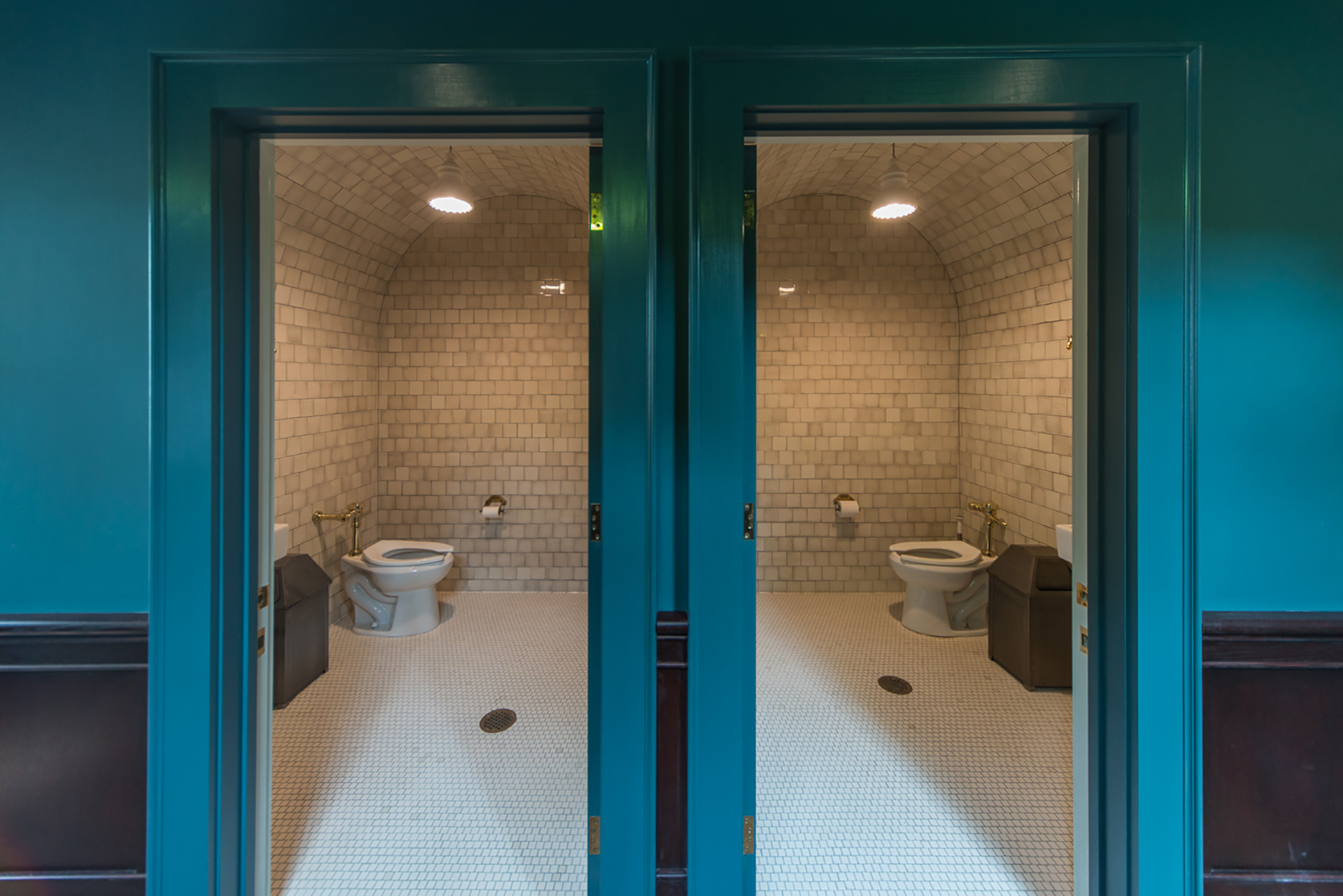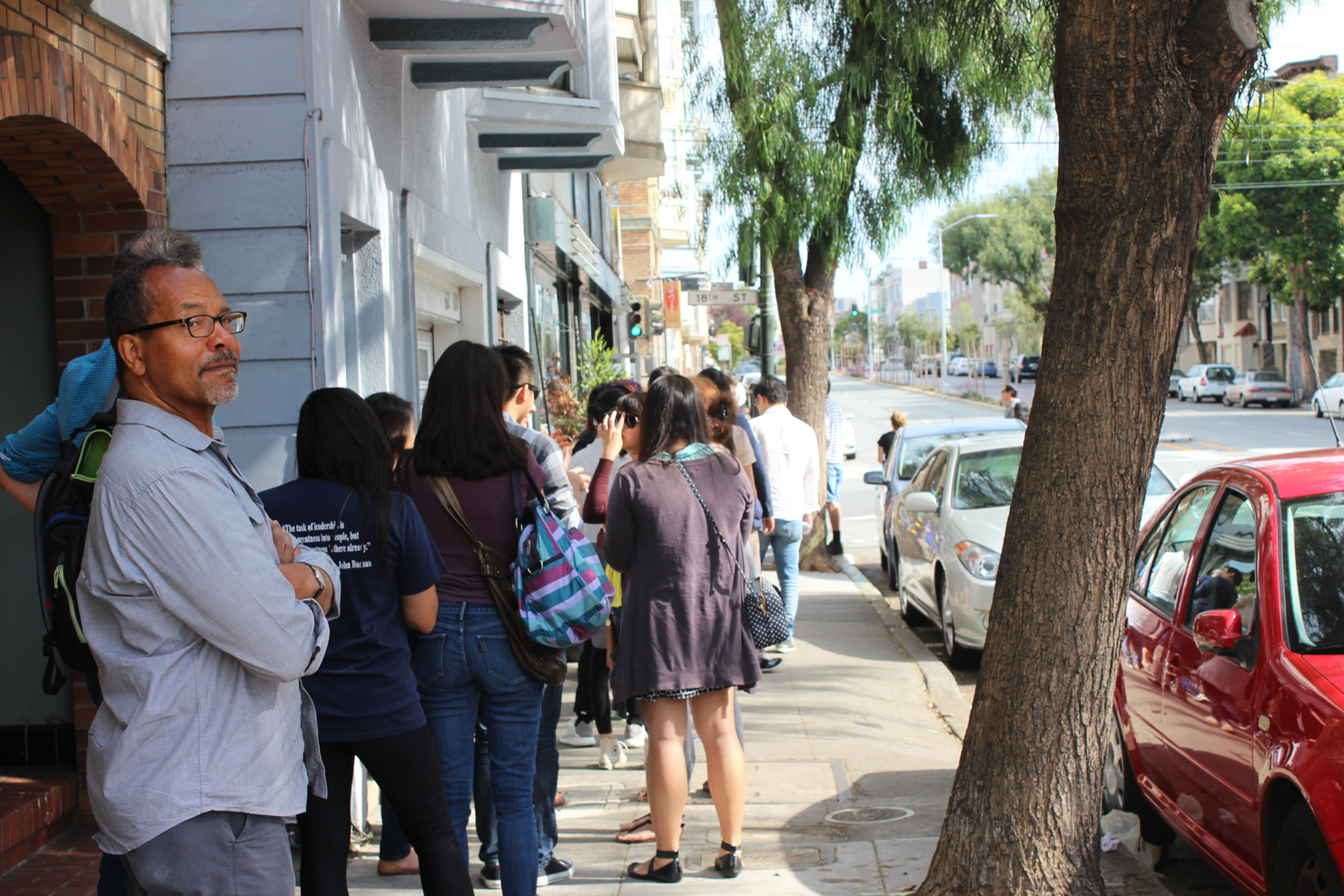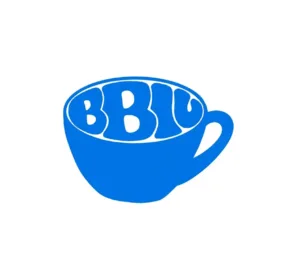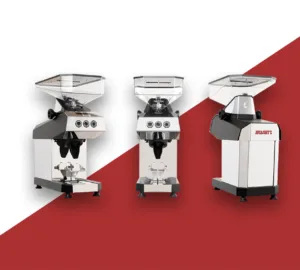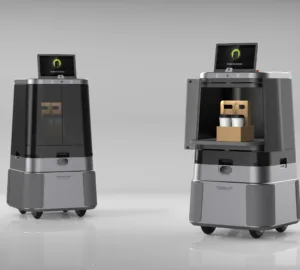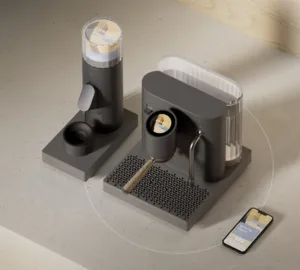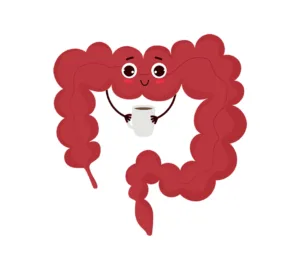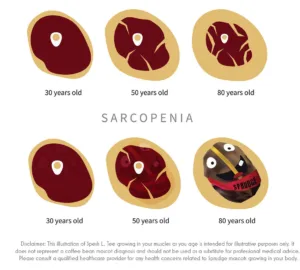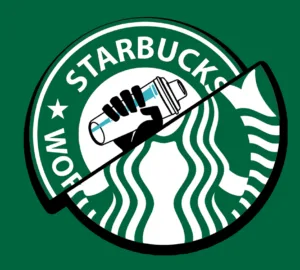Drinking coffee makes people happy. Especially that first cup of the day, the one that transforms you from a gloomy Gus into a can-do Andrew. And recently, scientists have examined its mood-enhancing qualities and found that drinking coffee is linked with a lower risk of instances of depression and anxiety. But not just any amount of coffee will do, there’s a sweet spot.
As reported by PsyPost, Chinese researchers set out to determine if coffee’s positive effects on physical health also extended to mental well-being as well. To do this, they relied on the UK Biobank, a long-term health of over 500,000 participants in the UK. For their study, published last month in the journal Psychiatry Research, the researchers whittled the dataset down to the 152,000+ participants who had responded to an online mental health questionnaire. Of them, 19% reported not consuming any coffee at all, 23% only consumed one cup, 33% drank 2-3 cups daily, and the remaining 25% reported having more than each day.
They found that participants who consumed around three cups of coffee daily were associated with the least risk of depression and anxiety, but those who drank over six cups experienced a “significantly heightened risk.”
The researchers drilled down a bit further into types of coffee drinks to determine if the sort of coffee one drinks could play a factor. For those in the one to three cup range, drinking unsweetened coffee was found to correct to a decreased risk of both depression and anxiety, while instant coffee was only correlated with a decreased risk of depression, not anxiety. Coffee sweetened with sugar or artificial sweeteners wasn’t related to any significant increase or decrease.
We found that moderate daily coffee consumption, especially at 2–3 cups of ground coffee, milk-coffee, or unsweetened coffee, was associated with a lower risk of incident depression and anxiety. Our findings support the recommendation that moderate coffee consumption could be part of a healthy lifestyle to prevent and manage depression and anxiety in the general population.
While promising, the findings are only establish a correlation between moderate coffee consumption and a decreased risk of depression and anxiety. A causal relationship has yet to be established. Still the results make a strong case for additional research on the subject. So keep drinking that coffee, it’s good for mind, body, and soul.
Mental health conditions and treatment can vary widely from person to person, and what works for one person may not work for another. The information in this article is for educational purposes only and is not intended to be a substitute for professional medical advice, diagnosis, or treatment. If you have any concerns about your mental health, please talk to a qualified mental health professional.
For US readers, if you are in crisis or you think you may have an emergency, please call your doctor or 911 immediately. If you are having suicidal thoughts, please call the National Suicide Prevention Lifeline at 1-800-273-TALK (8255) or text (SMS) 988.
Zac Cadwalader is the managing editor at Sprudge Media Network and a staff writer based in Dallas. Read more Zac Cadwalader on Sprudge.











